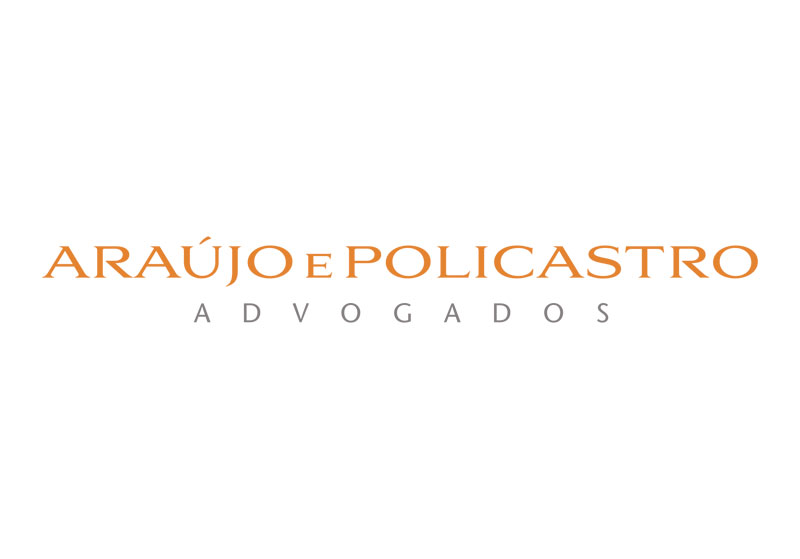The end of the labor union contribution controversy
One of the most commented and controversial changes brought by the Labor Reform that came into force in November/2017, made the union contribution not compulsory, which became subject to prior and express authorization of employees.
During the first year of the Reform, some unions obtained injunctions in the Labor Court, obliging employers to discount the union contribution, by means of a collective clause approved at a general meeting, contrary to the legal text established by Law 13,467/17. On the other hand, we observed several unions failing to promote collective bargaining, on the grounds that the collective bargaining agreement would no longer be applicable, in view of the lack of contribution by the employees.
As a result of this impasse, the Government published, on March 1, 2019, Provisional Measure 873/2019, which amended articles 545, 578, 579 and 582 of the Labor Code, which govern the way in which union monthly fees and contributions are collected, bringing new rules and conditions.
According to the text of Provisional Measure 873/2019, the payment of the union contribution is conditioned to the prior and voluntary authorization of the employee (whether or not he/she is a union member). Such authorization must be individual, express and in writing, not being allowed tacit, collective authorization or the need for an opposition to avoid payment.
The amendment of article 579 of the Labor Code also included, in its recently inserted paragraph 2, a provision in the sense that will be considered null and void any rule or normative clause that establishes compulsory collection, to employees or employers, even if endorsed by collective bargaining, general meeting or other means provided for in the union’s statute. Thus, even if inserted in the scope of collective bargaining, the clause that requires the payment of the contribution will be canceled.
The Provisional Measure also provides that, in the event of an authorization granted in in the format provided by law, the employee will receive a bank slip or the electronic equivalent issued by the union for discharge. This pay order must be sent to the employee’s residence or, in the event of impossibility of receiving, to the company’s headquarters, being expressly forbidden to send a pay order if no prior and express authorization was granted by the employee.
Thus, the payroll discount has been expressly forbidden and if the company proceeds with such discount, it will have to bear the burden of returning such amount in the future, as well as being subject to the penalties set forth in articles 553 and 598 of the Labor Code, in addition to being the target of complaints to the labor inspection agencies for improper practice.
Lastly, the Provisional Measure also brings an exhaustive list of the contributions that may be charged exclusively from employees affiliated to the union: (i) confederation contribution; (ii) union monthly fees and (iii) other union contributions, including those imposed by union statute or collective bargaining.

